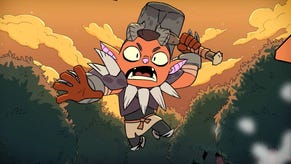Rhianna Pratchett on scripting Mirror's Edge: "We're only scratching the surface of games narrative"
As one of the hottest tickets for this year's Christmas rush, EA DICE's Mirror's Edge is a potential groundbreaker. Based on the premise of "runners" - near future, free-running post-people - the game casts Faith in an action conspiracy like no other, and has had gaming's glitterati blabbering since it was first shown at GDC earlier this year: Mirror's Edge could be the start of a radical shake-up of first-person gaming as a whole.
The title's looking to stretch gaming's story-telling rut as well as it's gameplay, looking to a mix of 2D cut-scenes and environmental narrative to keep players informed. Rhianna Pratchett was announced as the script writer recently, and also confirmed as the author of an accompanying DC comic.
She's finished writing the game now, so took time out to answer our questions on Mirror's Edge's plot, the challenge of working with DC and stories in games in general.
VG247: You previously wrote Heavenly Sword, which was a big game, but Mirror's Edge is a different league. Have you been surprised at the leap in your profile since it was announced you were writing both the title's script and the DC comic?
Rhianna Pratchett: I’m not really sure how you tell that kind of thing. There’s certainly been resurgence in people asking how to do my job! Games writing and story design is still very niche. There aren’t many folks doing it and even less that understand it. I don’t do this to become known; I do it because I love my job and have a somewhat masochistic desire to help make games stories better.
Have you finished working on the game yet?
Yes, all the last minute editing and tweaking is being done at DICE’s end now. I’m mainly concerned with helping communicate the story and working on the comic series with DC, which is a challenge in itself.
What facets of Faith's personality do you want to focus on in the game? For a start, is she actually multi-dimensional? Does game writing allow for that level of complexity?
I think it allows for that level of interpretation, certainly. We still have many of the same character-fleshing tools of other entertainment mediums. So Faith’s character will be conveyed by what she says, how she says it, the decision she does or doesn’t make, how she reacts to other characters and how they react to her. Economy of language does not mean economy of storytelling.
What about Mirror's Edge's backdrop? How have you managed to save the well-worn "thorn in dystopia's side" plot from cliché?
Well, the Runners exist in somewhat of an apolitical sphere, between action and inaction, neither for the city nor against it. They are fulfilling a need, doing a job. Sure they aren’t going to win any community service prizes, but they aren’t making too much trouble, either. The city isn’t a dystopia. If anything it’s a Nanny State taken to extreme, and for many of the people that live in it, it’s a utopia. It’s a city that works well. It’s a city that cares. It wants its citizens to be well housed, well schooled, healthy and secure voters, and will do anything in its power to achieve that.
What is more disturbing about this city is not so much what the authorities have done, but they fact people have allowed them to do it; that civil liberties have been given up willingly for a comfortable life, for the greater good.
A heart of it is a very personal story for Faith. It has a similar narrative structure to Prison Break in that you’ve got a personal mission for the protagonist that has wider political ramifications. Faith doesn’t care about being a thorn; all she cares about is why her sister is being framed. She’s an accidental thorn, really.
There seems to be a bit of confusion about 2D storytelling in the game. Will all the story be plotted in this way?
The 2D story-telling is a primary vehicle for communicating some of the more complex scenes, but not all of them. However, we also use a lot of on-the-fly and environmental story telling in order to not break the momentum of the game in key moments and keep the player immersed. I think these are crucial of the future of games narrative and something we’re only really now scratching the surface of.




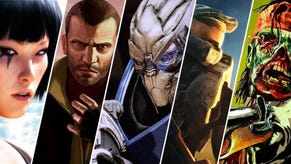
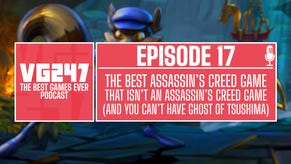
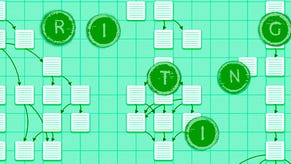
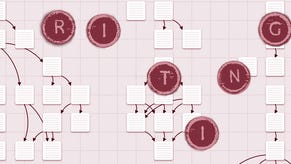
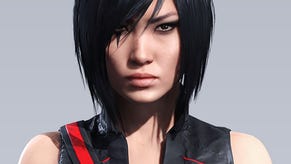
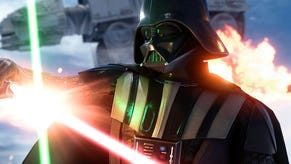
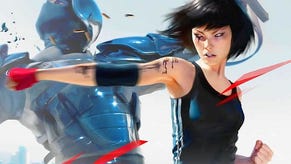
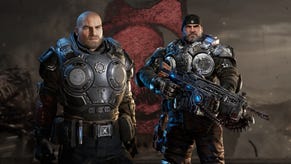
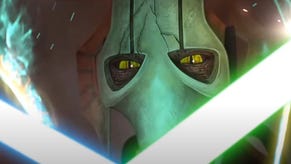
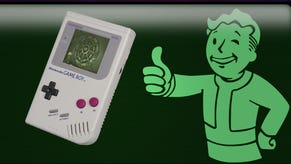

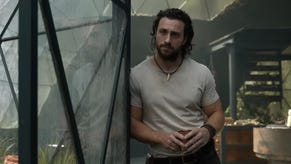
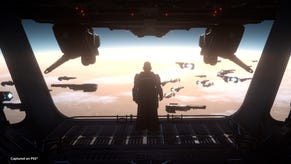
.png?width=291&height=164&fit=crop&quality=80&format=jpg&auto=webp)
